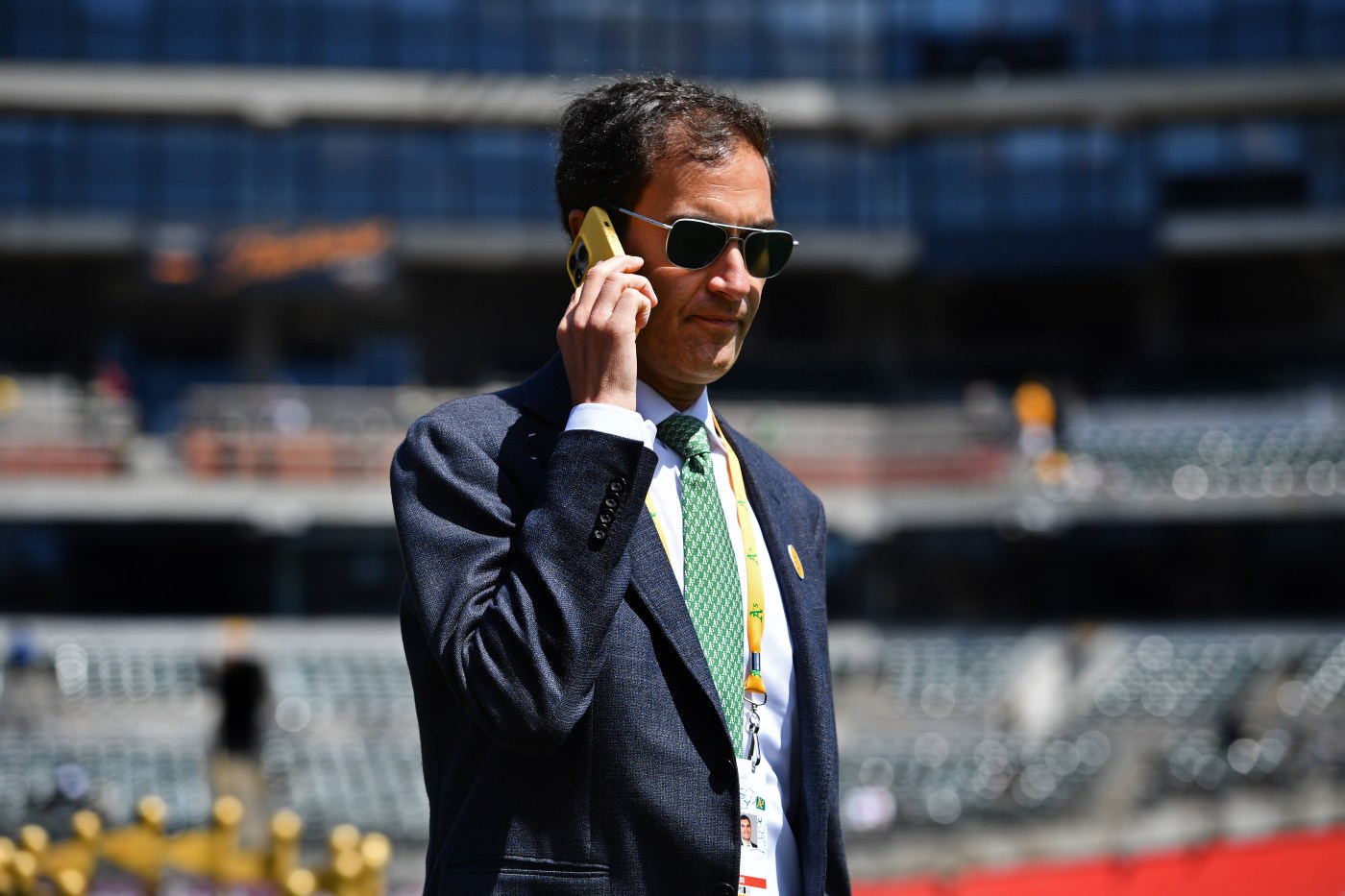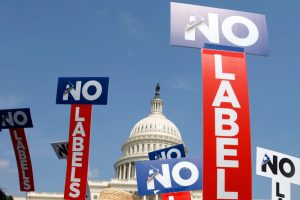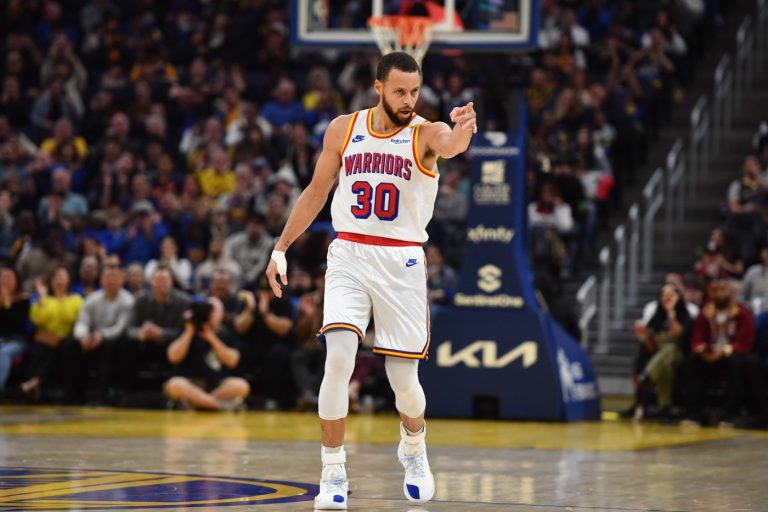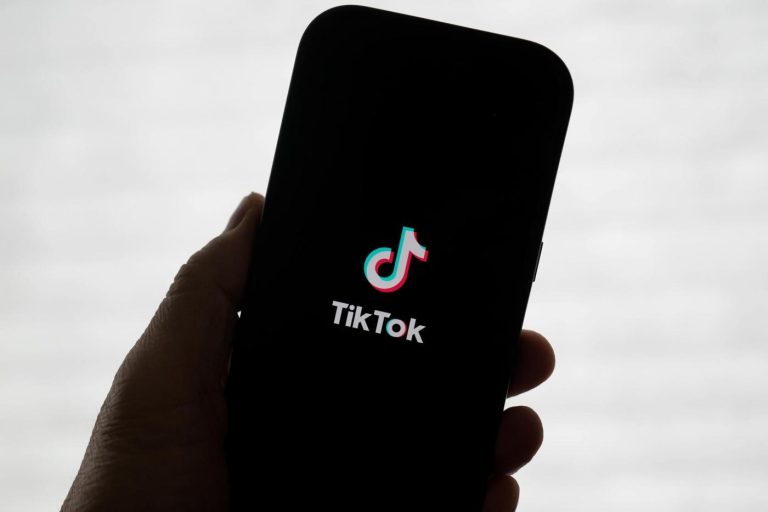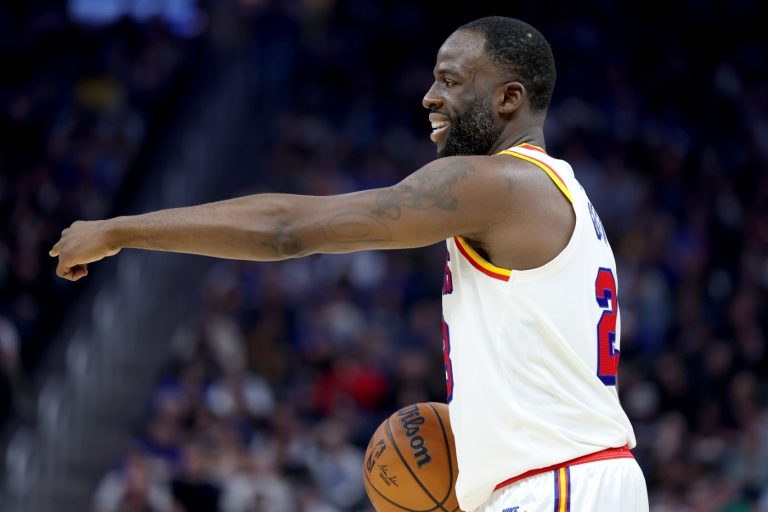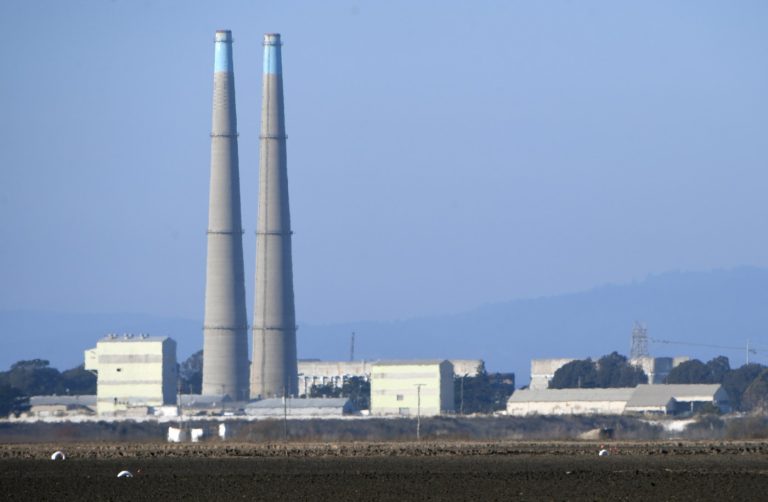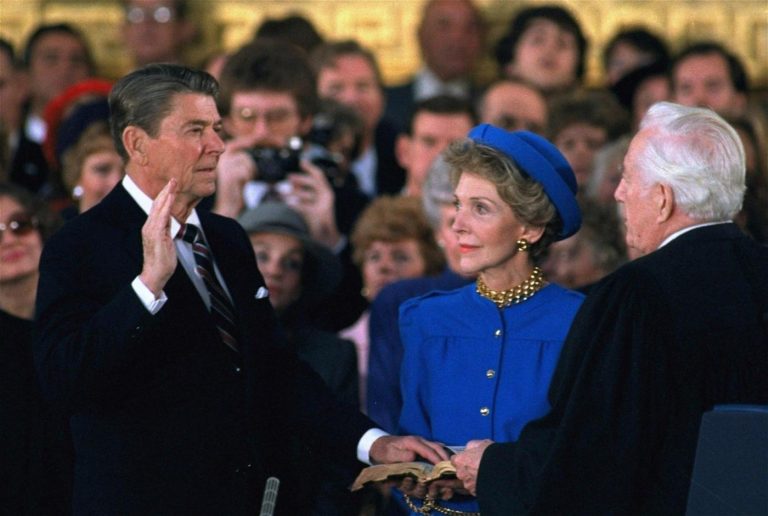Ahead of the A’s announcement Thursday that they will finally ditch the city they’ve called home for five decades and establish a temporary residency in Sacramento, team president Dave Kaval was continuing to take phone calls.
On Tuesday night, it was a fresh late-game proposal by Mayor Sheng Thao’s chief of staff to extend the A’s lease in Oakland. On Thursday morning, Kaval attended a meeting with a development group looking to buy the A’s share of the Coliseum complex, which the team still plans to sell off.
But the Midwest native known for his Aviator sunglasses and stretchy smile has his sights on West Sacramento, where the A’s plan to begin a three-year residency in 2025 — with the option of a fourth year while their final destination, a ballpark on the Las Vegas Strip, undergoes construction.
The team will play home games at Sutter Health Park, a tiny stadium with a capacity of just 14,000 that currently houses the River Cats, a Triple-A minor-league affiliate of the San Francisco Giants.
“It’s a bittersweet day,” Kaval said. “Obviously, 56 years in Oakland — it’s been a historic run, so many great memories.”
There is no lease agreement; the A’s won’t pay a dime in rent. For now, they also won’t worry about representing a city in their branding, keeping the “Athletics” moniker alone until legal and logistical hurdles are cleared in Las Vegas.
In an interview Thursday, Kaval laid out the details of the new partnership with the River Cats: The A’s will pay to upgrade the batting cages, weight rooms and field itself at Sutter Health Park, plus additional seating, premium sections and advertising for the stadium.
Kaval provided no details of the projected costs of such a deal, but the money spent would likely still fall far short of what Oakland officials had proposed: a five-year lease that would cost the team $97 million.
“It wasn’t a market-based offer,” Kaval said of Oakland’s offer. “At the end of the day, we remained very far apart.”
OAKLAND, CA – AUGUST 21: Oakland Athletics president Dave Kaval laughs during a discussion on the field before their MLB game against the San Francisco Giants at the Coliseum in Oakland, Calif., on Saturday, Aug. 21, 2021. (Jose Carlos Fajardo/Bay Area News Group)
City officials agreed: The price, they noted, was more of an “exit fee” that could generate revenue against Oakland’s perilous budget shortfall, a spokesperson for Mayor Sheng Thao said.
On Tuesday night, in the late stages of negotiations, Thao’s chief of staff called Kaval with a last, best offer: $60 million over three years and a firm promise of a negotiation period for the city to receive a Major League Baseball expansion team to replace the A’s.
No deal. The team will now likely spend far less while playing rent-free in a ballpark roughly a fifth the size of the Coliseum.
The A’s finished last in MLB in attendance each of the past two seasons after a roster teardown — one of multiple across a two-decade run of cost-cutting that saw fan favorites dealt away and competitive rosters shrunk to youth projects and spare parts.
Kaval, the grinning face of the A’s deteriorating relationship with Oakland, has not shied away from his “villain” status in the city, often dealing with the public in place of Fisher.
Consistently, the two have blamed the city of Oakland for not backing the team in its quest to build a ballpark and thousands of units of housing at Howard Terminal on the city’s waterfront.
Oakland Athletics owner John Fisher announces on Thursday, April 4, 2024, that the A’s will temporarily relocate to West Sacramento in 2025 and play at Sutter Health Park for at least three seasons before the team moves to Las Vegas. (Hector Amezcua/The Sacramento Bee/TNS)
The team president has increasingly referred to the A’s home stadium at the Coliseum property with disdain, noting the outdated standards for professional sports within the concrete stadium.
But the A’s will continue to negotiate the sale of their share of the larger Coliseum complex — including the ballpark, nearby arena and vast parking space in between — to the African-American Sports and Entertainment Group, which is seeking to redevelop the property into a mixed-use space with hotels, retail, nightlife and live sports.
Related Articles
A’s fans sound off on Sacramento move: “Slimy and hypocritical”
Kurtenbach: John Fisher’s A’s are moving to a minor-league ballpark. It suits him
Sacramento, A’s revel in move to ‘intimate’ minor-league ballpark for 2025
Oakland A’s announce they’ll play in Sacramento next season, ending 57-year tenure at Coliseum
A’s talks with Sacramento: Timeline of past efforts to leave Oakland
“The arena has actually done very, very well,” Kaval said, adding that the development group “has a really interesting vision” for the complex.
The mayor’s office, meanwhile, appeared ready to bid farewell to the franchise, insisting it moved mountains to gather the public funding necessary to back a waterfront stadium and housing development — a deal that fell through last spring.
“Oakland offered a deal that was fair to the A’s and was fiscally responsible for our city,” Thao said in a statement that wished the A’s well.
A quarter of the Sutter Health Park seating would be on a lawn where fans gather on picnic blankets, patio chairs and in standing room.
Those are unusual features of a major professional sports stadium, but Kaval touted the “unique experience” of seeing opposing baseball stars like Aaron Judge or Shohei Ohtani in a much smaller venue than anywhere else in the country.
“The place is so intimate and close to the action,” Kaval said. “I think it’s going to be appealing to the fans in Sacramento.”
